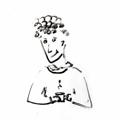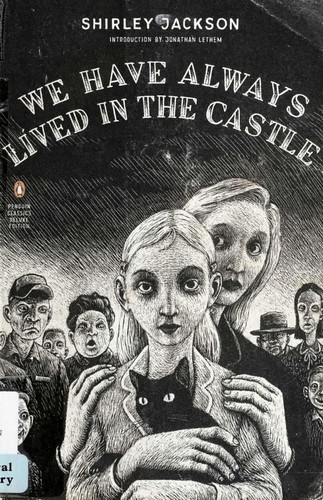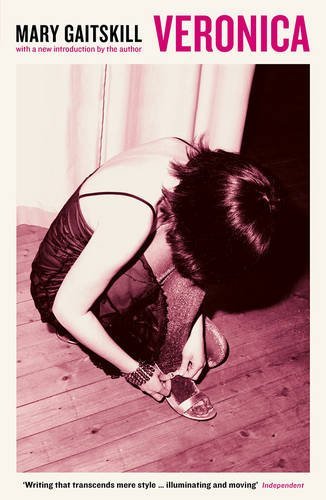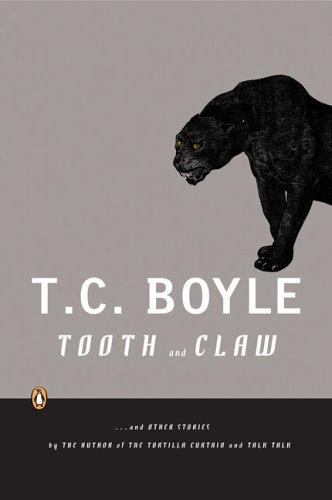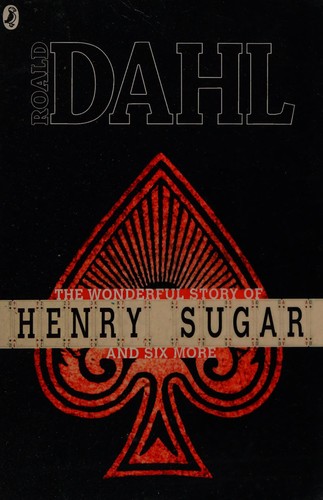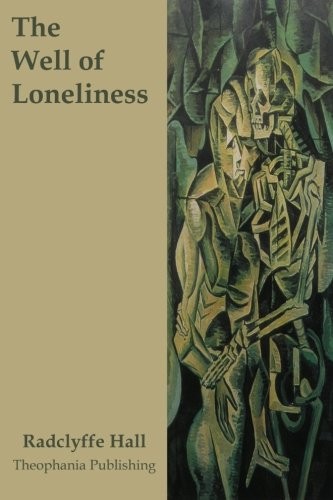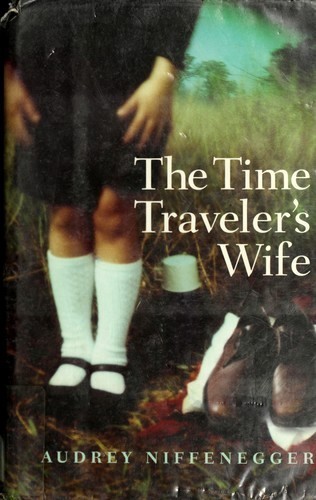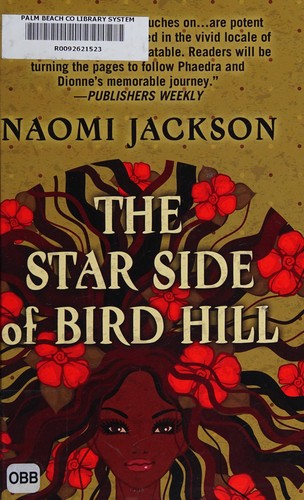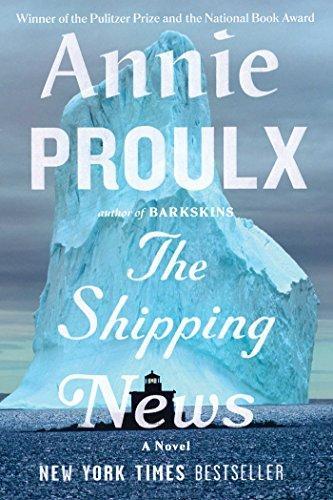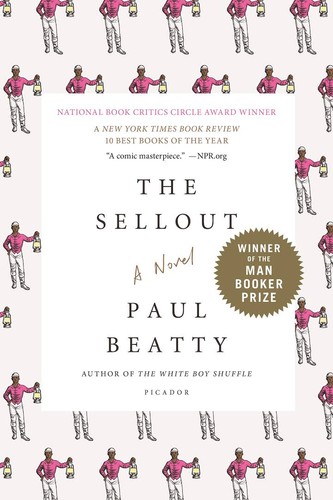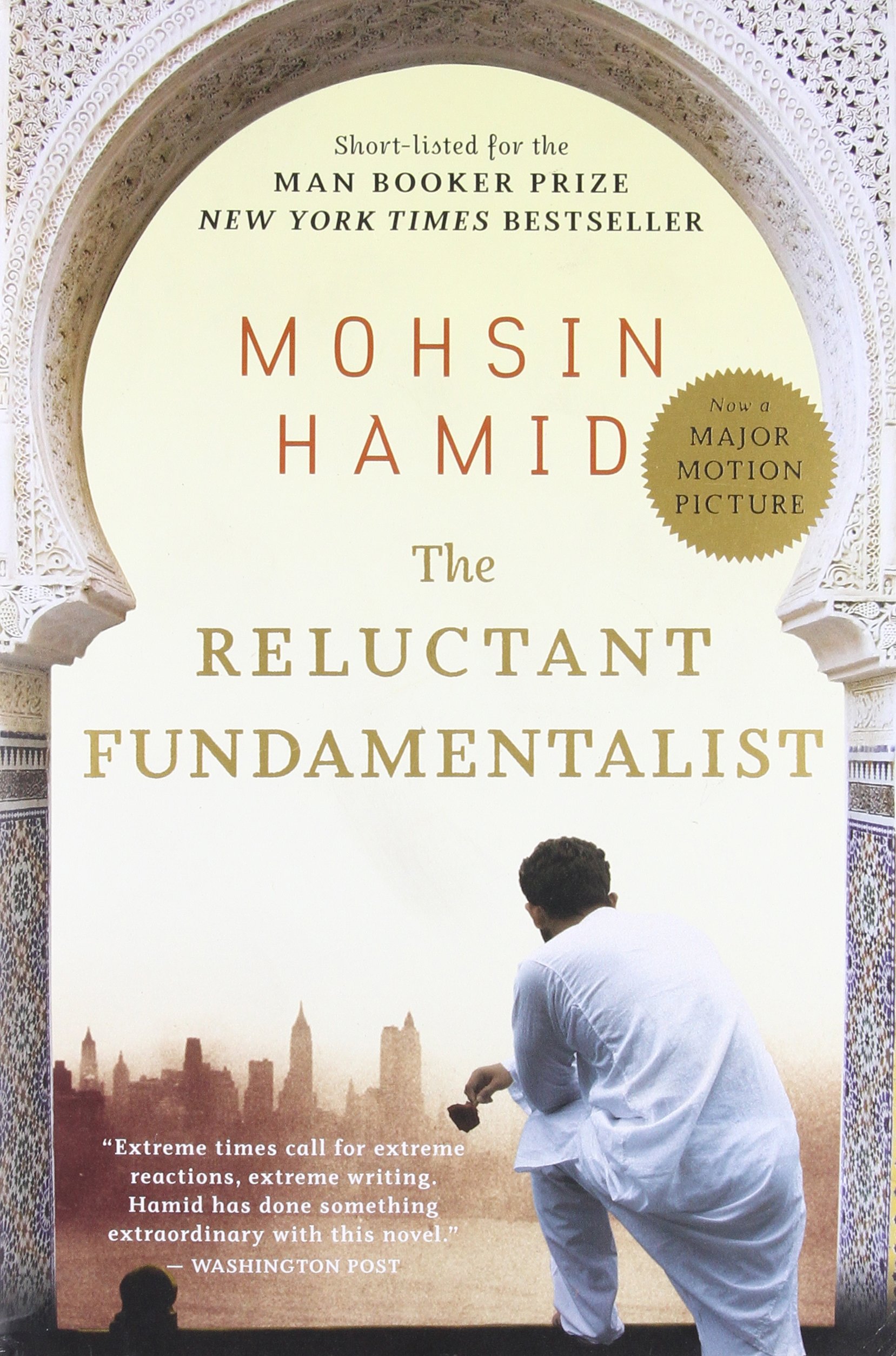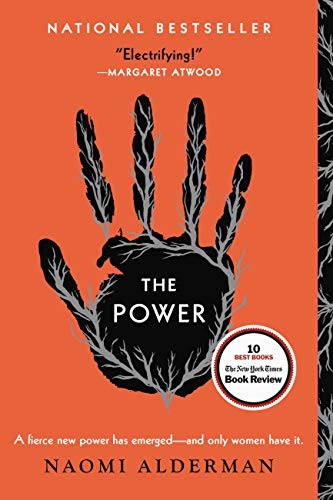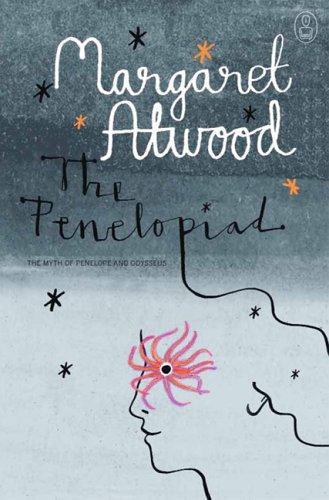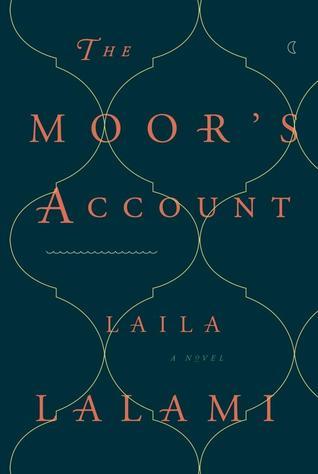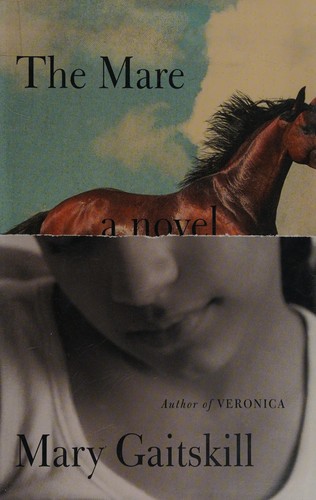ralentina reviewed Towers of Ivory and Steel by Maya Wind
The case for BDS
5 stars
Winds documents in a well-research and accessible ways how Israeli universities are complicit in the Occupation, oppression and ethnic cleansing of Palestinians. The first chapter demonstrates how specific disciplines, such as archeology, legal studies and Middle East studies, are almost entirely in service of justifying and upholding the Israeli political order. Next, Wind turns to how university campuses are used to physically establish a presence and take over Palestinian land. The third chapter looks at direct collaborations between the state, the industrial military complex, and universities, considering scholars involvement in the development of new weapons, propaganda and military training, among other. The forth chapter explains how Israeli universities represses the academic freedom of Palestinian and anti-Zionist Israeli academic, essentially banning them from researching and speaking about some topics, e.g. the Nakba. The fifth chapter is an account of the ways Israel sought to prevent and regulate Palestinian access to higher …
Winds documents in a well-research and accessible ways how Israeli universities are complicit in the Occupation, oppression and ethnic cleansing of Palestinians. The first chapter demonstrates how specific disciplines, such as archeology, legal studies and Middle East studies, are almost entirely in service of justifying and upholding the Israeli political order. Next, Wind turns to how university campuses are used to physically establish a presence and take over Palestinian land. The third chapter looks at direct collaborations between the state, the industrial military complex, and universities, considering scholars involvement in the development of new weapons, propaganda and military training, among other. The forth chapter explains how Israeli universities represses the academic freedom of Palestinian and anti-Zionist Israeli academic, essentially banning them from researching and speaking about some topics, e.g. the Nakba. The fifth chapter is an account of the ways Israel sought to prevent and regulate Palestinian access to higher education, through outright bans, entry requirements and policies designed to exclude Palestinians, or physically, by making it difficult for students to go to class through checkpoints, road closures or simply lack of transport. The sixth and final chapter focuses on the repression of Palestinian students in Israeli universities (through policy and policing), the West Bank (through military raids) and Gaza (through bombing).
